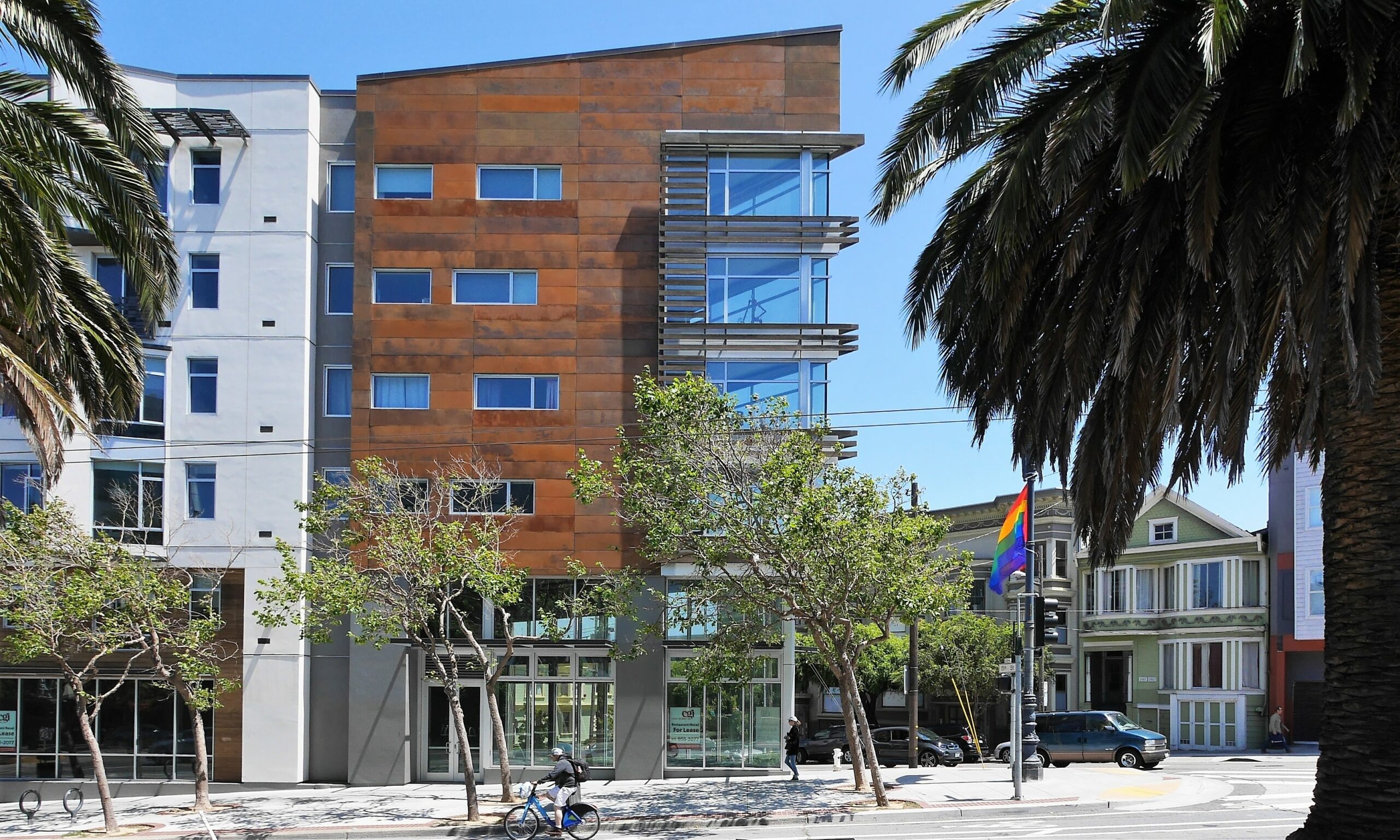In the recently released Preliminary Controller Recommendations, the Inclusionary Housing Technical Advisory Committee (“TAC”) recommended reductions in San Francisco’s inclusionary housing requirements to make low- and mid-rise condo development feasible. Through its studies, TAC found no housing project prototype studied would be financially feasible under San Francisco’s 2022 inclusionary on-site requirements or at the current fee percentage requirements.
In 2022, the inclusionary requirements for projects with 25 or more units were as follows:
- 5% for apartment units provided on-site.
- 5% for condominium units provided on-site.
- 30% in-lieu fee for apartment units.
- 33% in-lieu fee for condominium units.
TAC recommended lowering the on-site requirement within the range of 12-16% and lowering the in-lieu fee within the range of 22-29% to make some housing project prototypes possible. The study suggested the reduction would make some low- and mid-rise condominium project prototypes under 8 stories feasible. However, the analysis acknowledged that under the recommended reduced inclusionary housing requirements, condominium project prototypes over 8 stories and all apartment project prototypes would remain infeasible. Overall, a greater proportion of low-rise condominium projects would likely be feasible than mid-rise condominium projects under TAC’s recommended reductions. If requirements were set in the lower portion of recommended ranges, additional mid-rise condominium projects may be feasible.
TAC also outlined additional policy levers available to the Mayor and Board which could affect financial feasibility of housing development, including:
- Impact and other permanent regulatory fees.
- Timing of payment.
- Other city-imposed exactions.
TAC recommended the reduced requirements remain in place through April 2026 and that current TAC membership not expire to ensure a fully-seated TAC during the next Triennial Review.
Further, as of February 16, 2023, San Francisco’s Planning Department (the “Department”) updated its Bulletin on implementing the State Density Bonus Program (“SDBP”). The update clarifies and revises certain Department policies regarding the interaction of the SDBP and local inclusionary requirements. Two of the biggest takeaways include:
- SDBP projects (rental or ownership) can now use an incentive to substitute low-income units for required moderate or middle income units in the base project, lowering the base project overall affordability requirements. However, ownership projects must still include the required percentage of low-income (80% AMI) ownership units in both small and large projects and may not reduce the affordability level of those units below 80% AMI in order to qualify for greater bonus under state law.
- For SDBP projects with a base project under 25 units, the addition of density bonus units to the project will not trigger the City’s higher inclusionary requirements for projects with 25 or more units.
We will continue to track San Francisco’s efforts to reduce constraints on housing development as the City implements its recently adopted updated housing element.
Authored by Reuben, Junius & Rose, LLP Attorney Kaitlin Sheber.
The issues discussed in this update are not intended to be legal advice and no attorney-client relationship is established with the recipient. Readers should consult with legal counsel before relying on any of the information contained herein. Reuben, Junius & Rose, LLP is a full service real estate law firm. We specialize in land use, development and entitlement law. We also provide a wide range of transactional services, including leasing, acquisitions and sales, formation of limited liability companies and other entities, lending/workout assistance, subdivision and condominium work.


